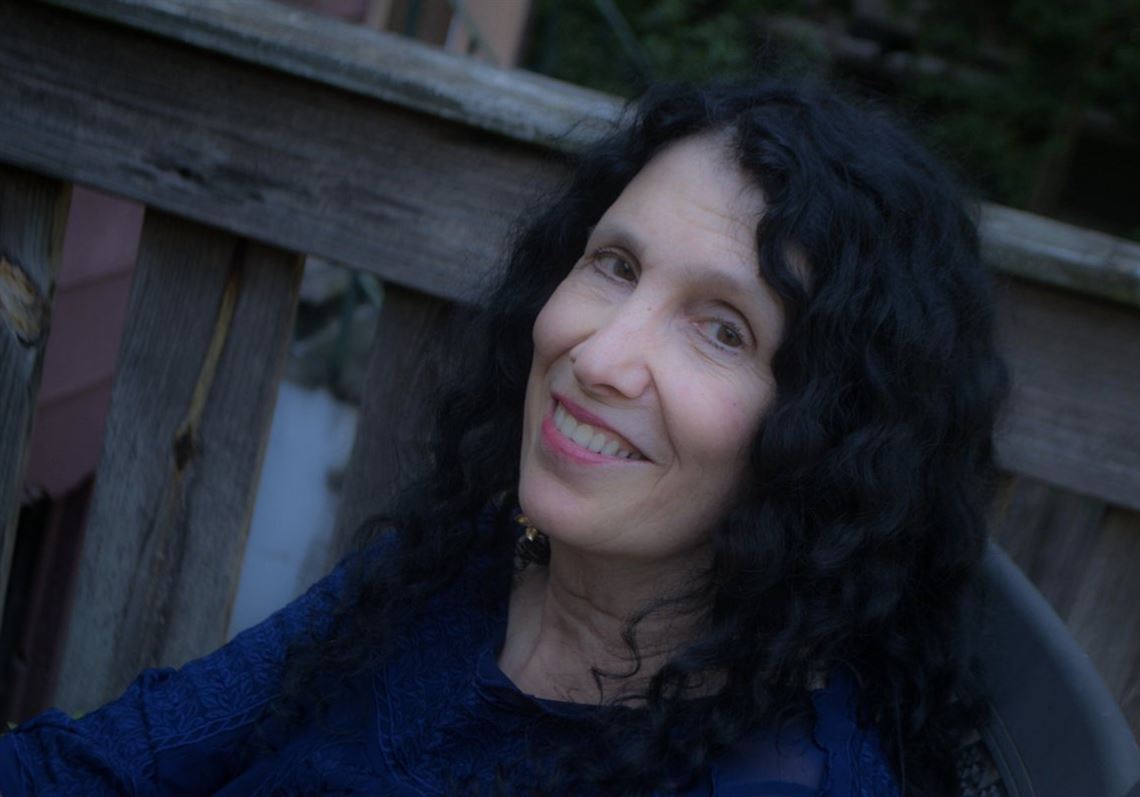I never intended to live in Pittsburgh. I knew that if you were going to be a real writer, you had to live in Manhattan, where the publishing industry and the writers were. But then I fell in love and married young, and my husband got into law school at the University of Pittsburgh. So, in the late 1970s, we moved to a hilariously named apartment complex in Shadyside called The Lion’s Head.
Of course I felt cheated. But I was determined to make the best of things, at least until we could get to New York. Maybe my apartment wasn’t in Manhattan, but it had a little alcove I claimed as my writing office. A real room of my own!
As far as I knew, back then, there wasn’t the explosion of culture and literary arts that Pittsburgh now boasts, but I found a tribe, including a writer friend, Adair Roth, who managed the Shadyside bookstore. It was Adair who taught me the magic in buying a ream of paper, which sounded and felt so professional.
I next got a job as a copywriter for WQED, and when off work, I wrote until that whole ream was gone. I sent out story after story — back then in big brown envelopes — and they always came back with rejection slips and I always cried.
One day, six years later, on the day I was fired from my job at WQED for not being a good enough copywriter, three envelopes came at once: even more rejection.
I’ll never be a writer, I thought. WQED had been right about my talents. Shamed, I tore the envelopes into confetti, not stopping until one word on the stoop flashed up at me: Congratulations.
I had won first prize in a Redbook Young Writers Contest! They were publishing my story, paying me real money and flying me to New York City.
I sat on the stoop, stunned. Suddenly I had a New York agent who was fielding calls from editors, all of whom wanted me to sign with them.
“We want you to write a novel from this story,” they told me. But how could I, a short story writer, produce a novel?
I did it in Pittsburgh.
My husband was now an attorney, so I didn’t have to work anyplace but at my typewriter. I was so anxious that I sometimes threw up because I didn’t know what I was doing. But Pittsburgh gave me this incredible gift of time to figure it out.
Two years later, my first novel, “Meeting Rozzy Halfway,” came out. Suddenly, my life exploded. I was reviewed by the New York Times, the Los Angeles Times, the Washington Post, the Boston Globe, to name a few. Publisher’s Weekly flew me to New York to interview and photograph me.
More importantly, I was on KDKA radio and on TV! The one thing I remembered was looking at my coat, the lining ripped and thinking, I need to go into Shadyside and buy a cool new jacket.
I sold translation rights to ten different countries and was interviewed by both Pittsburgh Magazine and the Pittsburgh Post-Gazette, with a headline that cheered: “Her first novel and they roll out the red carpet!” I could feel myself changing, no longer putting a question mark after my usual response when asked what work I did. Instead, I claimed it.
I didn’t leave Pittsburgh by choice. My marriage shattered, and because it was too painful to stay, I finally moved to New York City. I was overwhelmed at first. My tiny apartment was the size of my Pittsburgh alcove, and I had to get a job, so time to write was precious.
But here I am now, a New York Times bestseller, with 13 novels, and some prizes to my name, with a buzzy new novel just out, “Days of Wonder” (Algonquin Books, $29).
I’m a devoted New Yorker, but I still feel Pittsburgh in my bones. I have delightedly been back to Pittsburgh once to speak to an auditorium packed with old friends — even my ex-husband.
“How did you become a writer?” someone asked. And I knew the answer.
“Pittsburgh did it,” I said.
Caroline Leavitt is the New York Times bestselling author of 13 novels, most recently “Days of Wonder.”
First Published: June 2, 2024, 9:30 a.m.
















